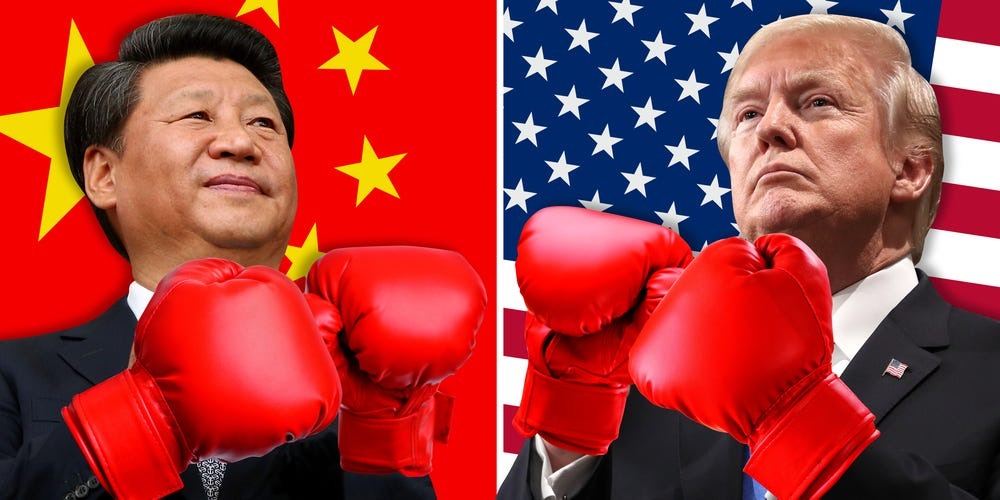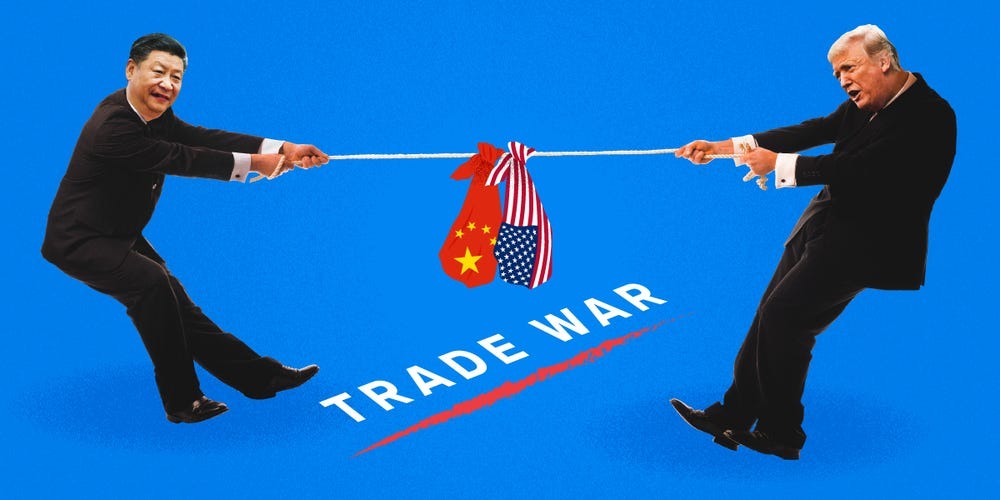Uncategorized
China Challenges Trump’s ‘Discriminatory’ Tariffs in WTO Complaint
Beijing Denies US Accusations on Fentanyl Crisis, Calls Them Baseless

China has filed a complaint with the World Trade Organization (WTO) against U.S. President Donald Trump’s 10 percent tariffs on Chinese goods, escalating the trade war between the two global powers that began this week.
Trump’s tariffs, which Beijing condemned as a “serious violation” of international trade rules, took effect on Tuesday. In response, China imposed its own retaliatory tariffs, including a 15 percent levy on coal and liquefied natural gas and a 10 percent duty on oil and agricultural products.
On Wednesday, the WTO confirmed that China had submitted a request for consultations with the U.S. regarding the tariffs, marking the first step in a formal dispute process.
In its complaint, China accused the U.S. of making “unfounded and false allegations” regarding Beijing’s role in the flow of fentanyl opioids and their precursor chemicals to the U.S. to justify the tariffs. Beijing further argued that the measures were “discriminatory and protectionist,” violating international trade regulations.
While the WTO could eventually rule that Trump’s tariffs breach trade rules—similar to a 2020 ruling against his first-term tariffs—such a decision would be unlikely to provide China with relief. The WTO’s Appellate Body has been largely inoperative for years due to U.S. efforts to block the appointment of appellate judges, preventing a final resolution in such cases.
Beijing’s request for trade consultations came amid widespread confusion among shippers and retailers over Trump’s closure of the “de minimis” exemption, which had allowed package imports valued under $800 (£640) to enter the U.S. tariff-free. This exemption was widely used by e-commerce giants such as Shein, Temu, and Amazon.
A U.S. Customs and Border Protection official stated that all small packages from China and Hong Kong must now have customs entries filed before arrival, warning that shipments lacking the necessary paperwork could be returned.
The U.S. Postal Service briefly suspended parcel acceptance from China and Hong Kong due to the new rules but announced on Wednesday that it would resume processing such shipments, easing concerns over disruptions to millions of daily package imports.
“We’re all running around like headless chickens at this moment, trying to second-guess what’s going to happen,” said Martin Palmer, co-founder of Hurricane Commerce, a cross-border e-commerce data provider. “And in two weeks’ time, we may be back to normal.”
Meanwhile, U.S. Treasury Secretary Scott Bessent defended Trump’s tariff strategy in his first media interview since taking office, stating that the measures were designed to bring manufacturing back to the U.S., particularly in industries that have long shifted production overseas.

